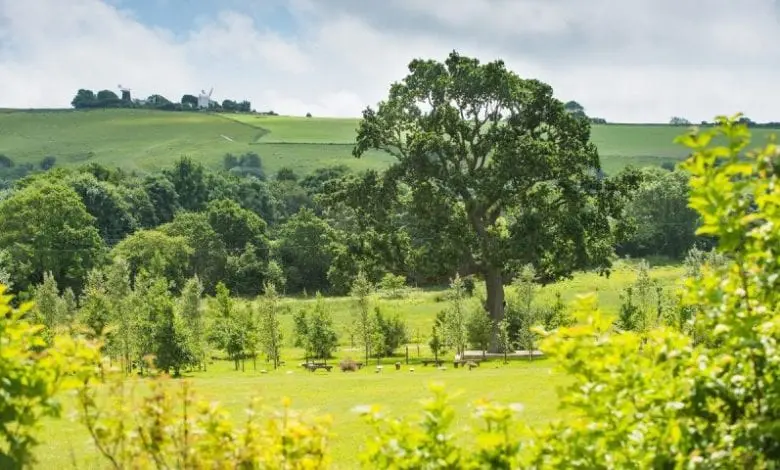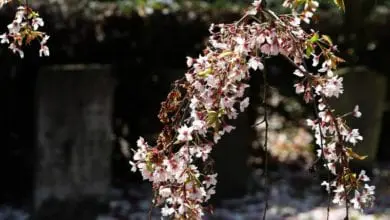Clayton Wood Natural Burial Ground marks 10 years of countryside conservation

Great Crested Newts, a soprano pipistrelle bat and 122 species of plants have all been discovered at a natural burial site in the South Downs National Park.

Join over 5,000 funeral professionals with a membership
Get unlimited access and stay in the know. First-year special offer pricing. Cancel any time.
You have read 2/2 free articles this month.

How many members should have access to the subscription?
Monthly
Yearly
Save £9.89
No, thanks
I already have an account

Great Crested Newts, a soprano pipistrelle bat and 122 species of plants have all been discovered at a natural burial site in the South Downs National Park.
